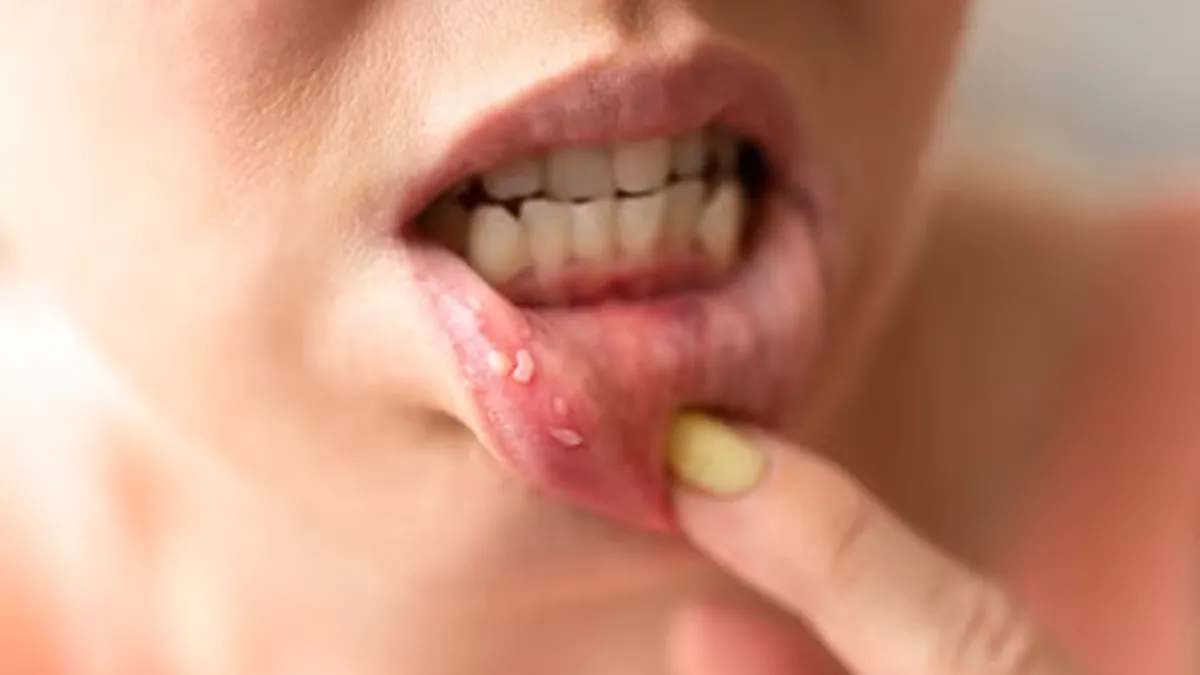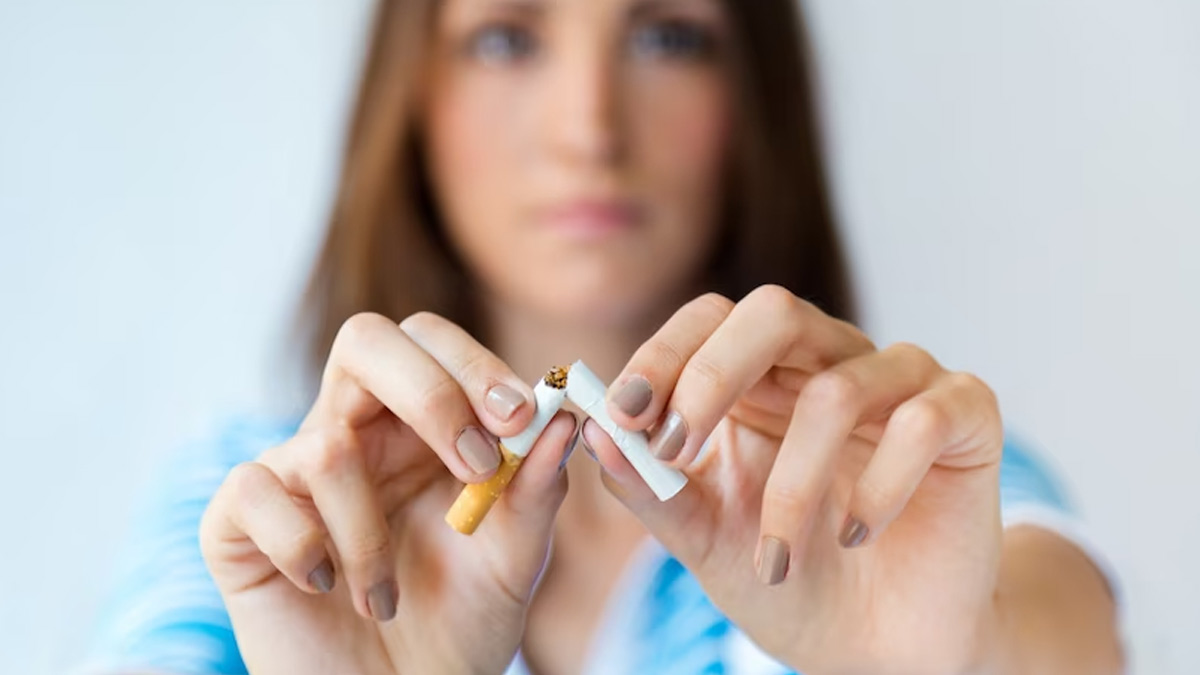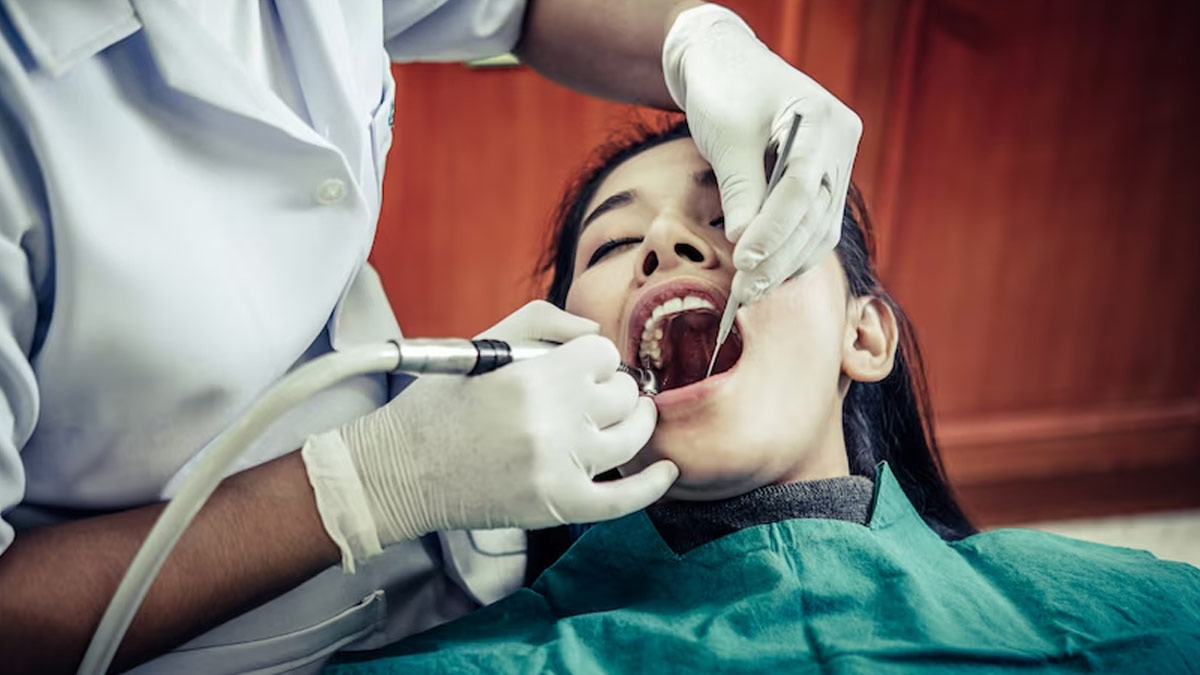
Oral cavity cancer, often referred to as mouth cancer, is a serious health concern that affects hundreds of people globally. With a recent rise in the number of cases reported in India, understanding its symptoms, causes, and prevention strategies is essential for early detection and effective treatment.
Table of Content:-
For the lack of information, we contacted our expert, Dr Anil Thakwani, Consultant and Senior Oncologist, Shardacare, Health City - Noida, to provide a comprehensive overview of oral cavity cancer including its symptoms, causes, prevention and treatment. Here is everything he shared with us.
What is Oral Cavity Cancer?
According to the Mayo Clinic, oral cavity cancer is head and neck cancer originating from the tissues of the mouth or throat. It can present anywhere in the mouth, like on the lips, tongue, cheeks, gums, roof and floor of the mouth, and at the back of the throat. “Early detection is of extreme importance since if it is left untreated, the disease may spread to other parts of the body,” Dr Thakwani warned.

Symptoms of Oral Cavity Cancer
If detected early, oral cavity cancer symptoms could easily be treated. Dr Thakwani explained that the common signs include:
- Persistent mouth sores
- Lumps or thickening
- White or red patches
- Pain or tenderness in the mouth or lips or a sore that fails to heal.
- Trouble chewing or swallowing. Food and liquids are catching in the throat or unable to swallow.
- Hoarseness or change in voice.
- Loose teeth that happen without any obvious dental reason.
- Ear pain is not related to an ear infection.
- Pain or difficulty moving the jaw or tongue.
- Unexplained bleeding in the mouth.
“If you encounter any of the symptoms, seek a health provider for evaluation as soon as possible,” Dr Thakwani highlighted.
Also Read: Maharashtra Reports 19 Suspected GBS Cases, 1 Death Reported; Rapid Response Team Deployed
Aetiology and Risk Factors of Oral Cavity Cancer
Oral cavity cancer develops from the alteration of DNA within oral cavity cells to cause malignant growth. Many risk factors exist with this illness. These may include:

1. Avoid Tobacco And Liquor
Tobacco use increases risk through cigarette smoking, cigars, pipes, or smokeless tobacco products. Additionally, excessive alcohol consumption is one of the most common causes, especially in association with tobacco use.
2. Human Papillomavirus
HPV infection is also known to be a causative agent of oral cancers. HPV-16 is considered one of the strains most often associated with the disease.
3. Exposure To The Sun
The harmful UV rays of the sun are very bad for our skin and overall health. Without protection on the lips, there is increased sun exposure that can cause lip cancer.
4. Poor Oral Hygiene
Oral hygiene plays a crucial role in determining if or not you are susceptible to cavities which can turn or lead to cancer.
5. Dietary Factors
A healthy diet is truly the foundation of our health. A diet lacking fruits and vegetables increases the likelihood of developing cancer since the body doesn't have enough strength to fight the cancer-developing cells.
6. Age and Gender
The peak incidence of oral cavity cancer is found among men above 40 years of age, who may or may not be in the habit of chewing tobacco or drinking alcohol.
Also Read: Arthritis Vs Bursitis: Expert Explains The Differences Between The Two
Prevention Measures For Oral Cancity Cancer
Prevention of oral cavity cancer is attained through a healthy lifestyle and good oral hygiene. Some expert-approved effective measures are as follows:
1. Eliminate Tobacco and Limit Alcohol Consumption
First things first, if you smoke or have alcohol daily, you are more prone to this type of cancer. Hence, Dr Thakwani shared that hence the intake should be stopped and minimised as much as possible to decrease the risk.
2. Practice Sun Protection
Use lip balms with SPF and avoid prolonged sun exposure. Dermatologists suggest reapplying every two hours.
3. Maintain Good Oral Hygiene
Maintain the habit of brushing and flossing twice a day, and schedule routine dental checkups.
4. Get Vaccinated Against HPV
Vaccination against HPV can reduce the risk of HPV-related oral cancers. Hence, if you are below the age of 27 years, make sure to get vaccinated today.
5. Adopt a Healthy Diet
Make sure to incorporate a balanced diet rich in seasonal fruits, vegetables, and whole grains, that will help build your immune system to fight the viruses.
6. Regular Self-Examinations
Check your mouth for any unusual changes and report them to a healthcare provider.
Treatment Options For Oral Cavity Cancer
“The treatment for oral cavity cancer depends on the stage and location of the tumour, as well as the patient's general health,” Dr Thakwani shared. However, common treatment methods include:
Surgery: Removal of the tumour and, if necessary, nearby lymph nodes.
Radiation Therapy: High-energy rays are used to target and destroy cancer cells.
Chemotherapy: Drugs are administered to kill or inhibit cancer cells.
Targeted Therapy: Medications that specifically attack cancer cells without affecting healthy cells.
Rehabilitation and Support: Speech therapy, dietary counselling, and emotional support are critical in recovery.
Bottomline
Oral cavity cancer is also a disease that can be prevented and treated if diagnosis occurs early. This can be only achieved by understanding the symptoms correcting the risk factors and developing a healthy oral health lifestyle. Preventive checkups and self-inspections play a major role in early detection and effective treatment. Take charge of your health today. When you notice something unusual, visit a healthcare provider immediately.
Also watch this video
How we keep this article up to date:
We work with experts and keep a close eye on the latest in health and wellness. Whenever there is a new research or helpful information, we update our articles with accurate and useful advice.
Current Version
